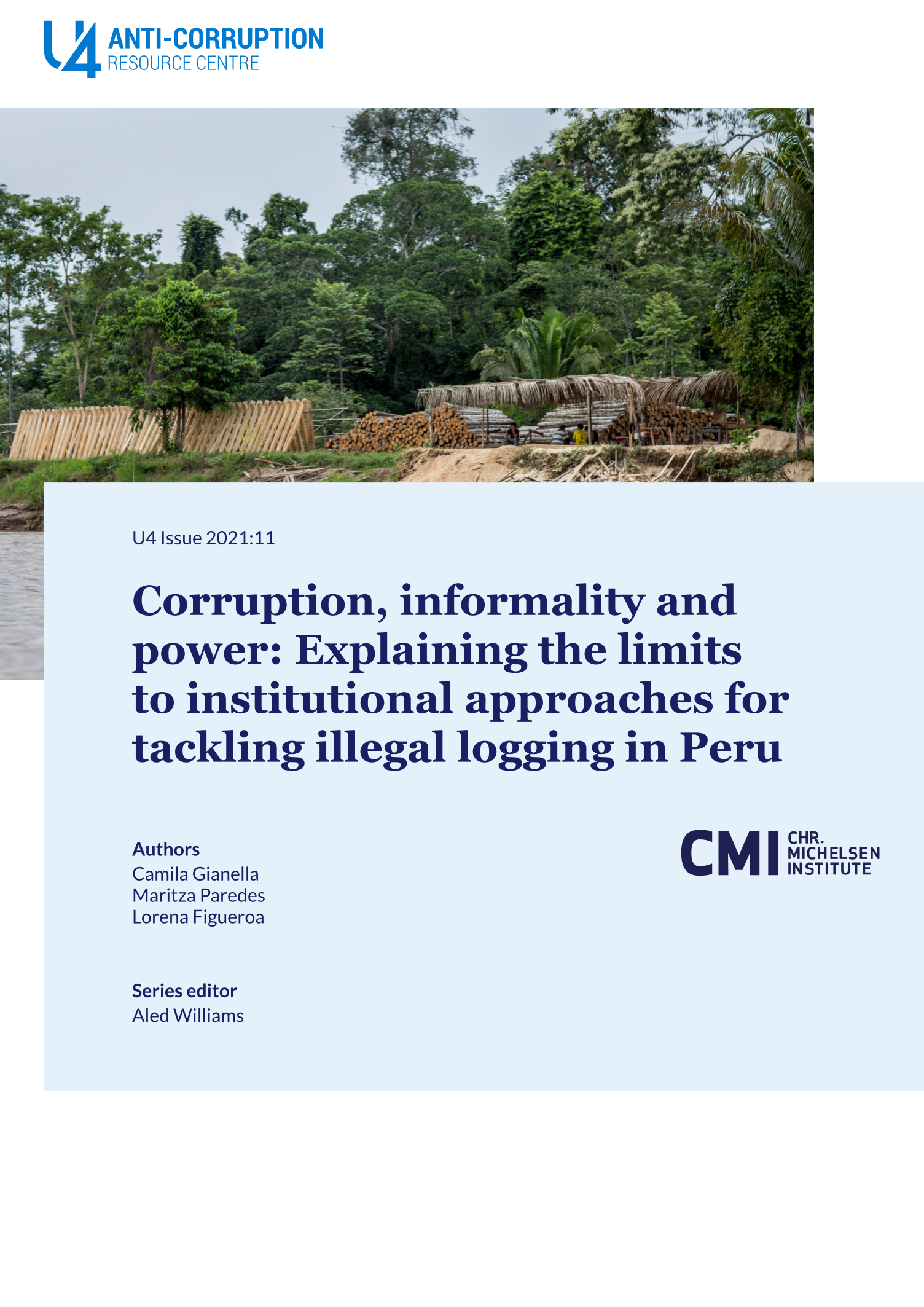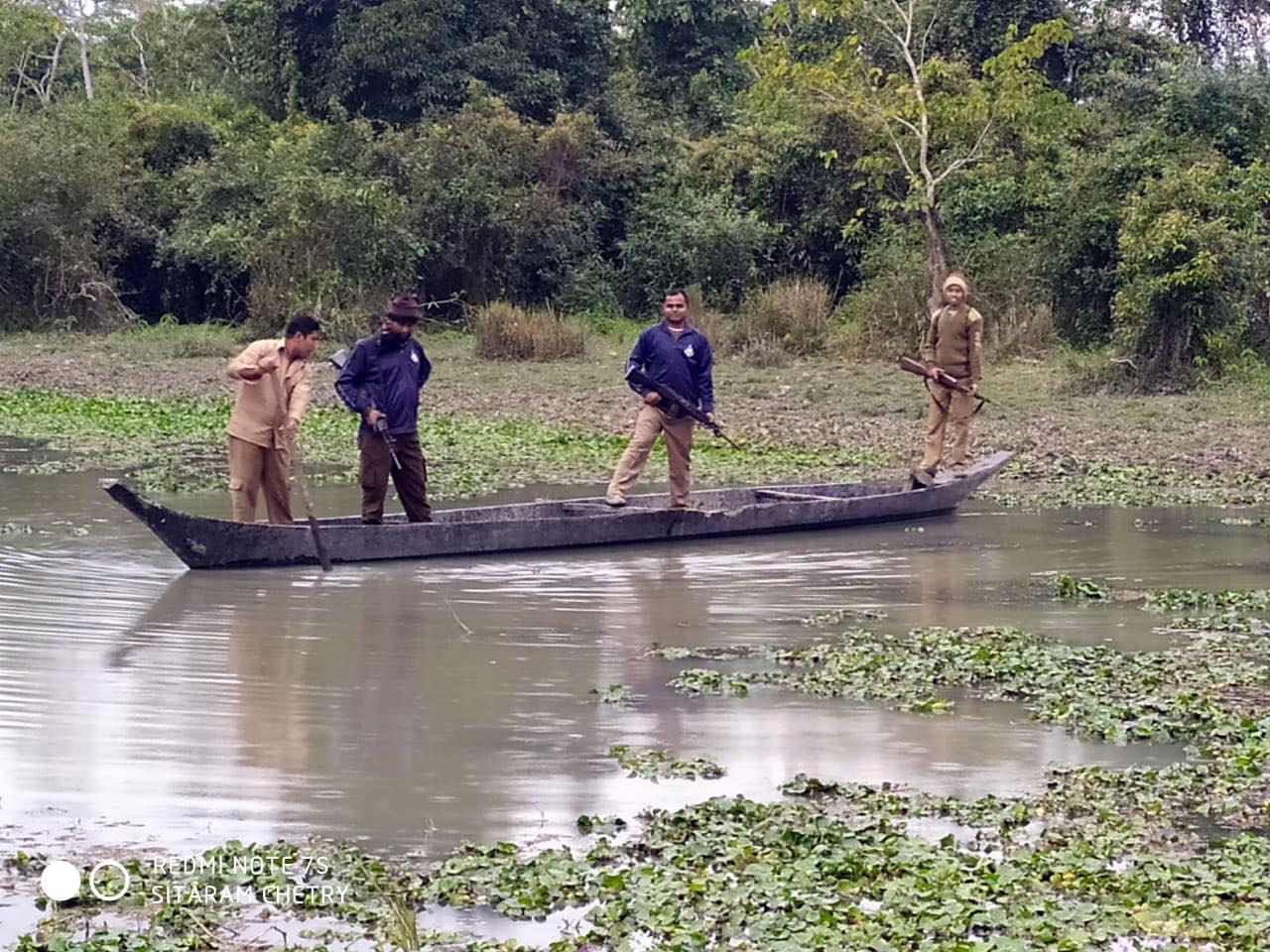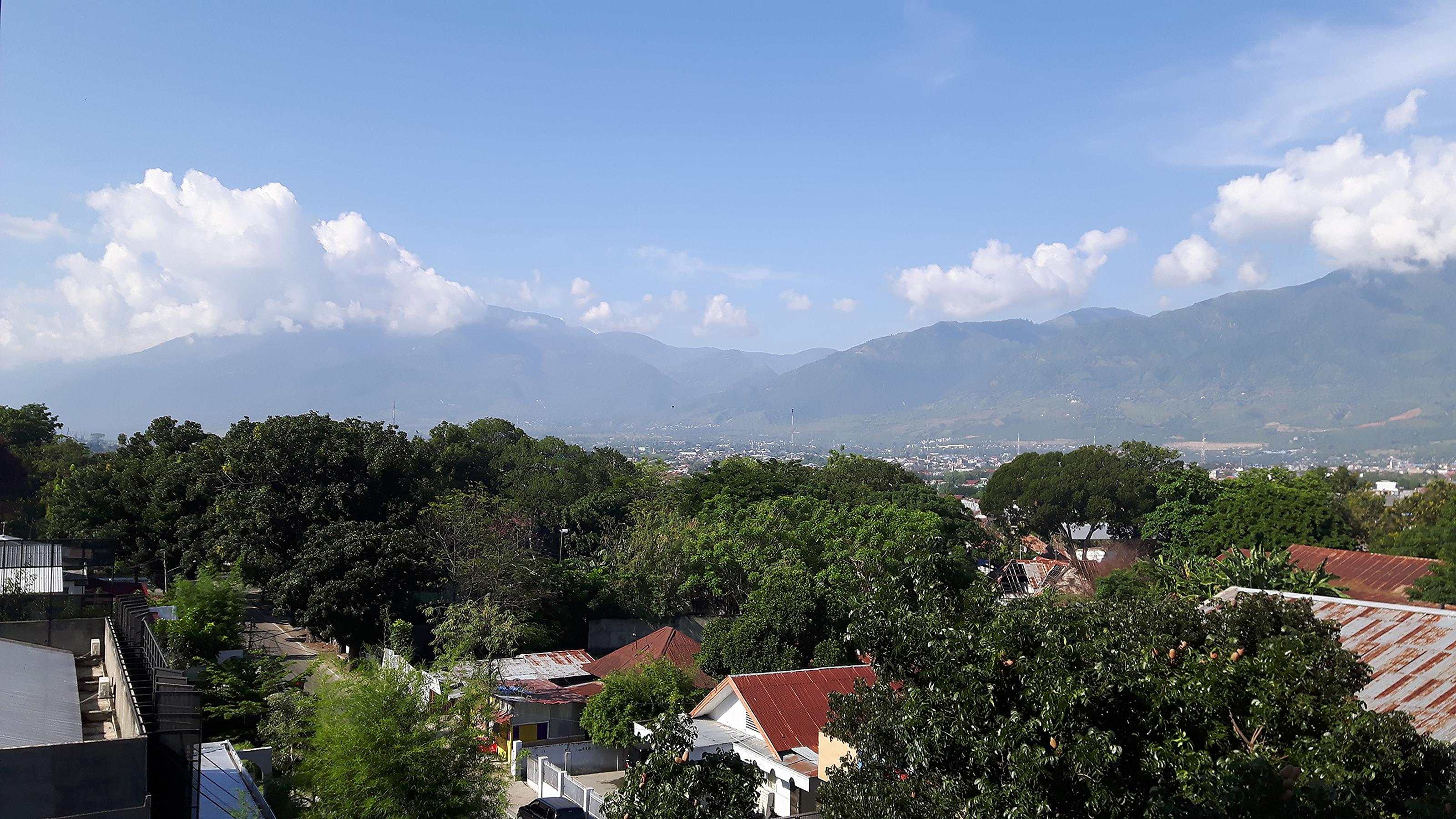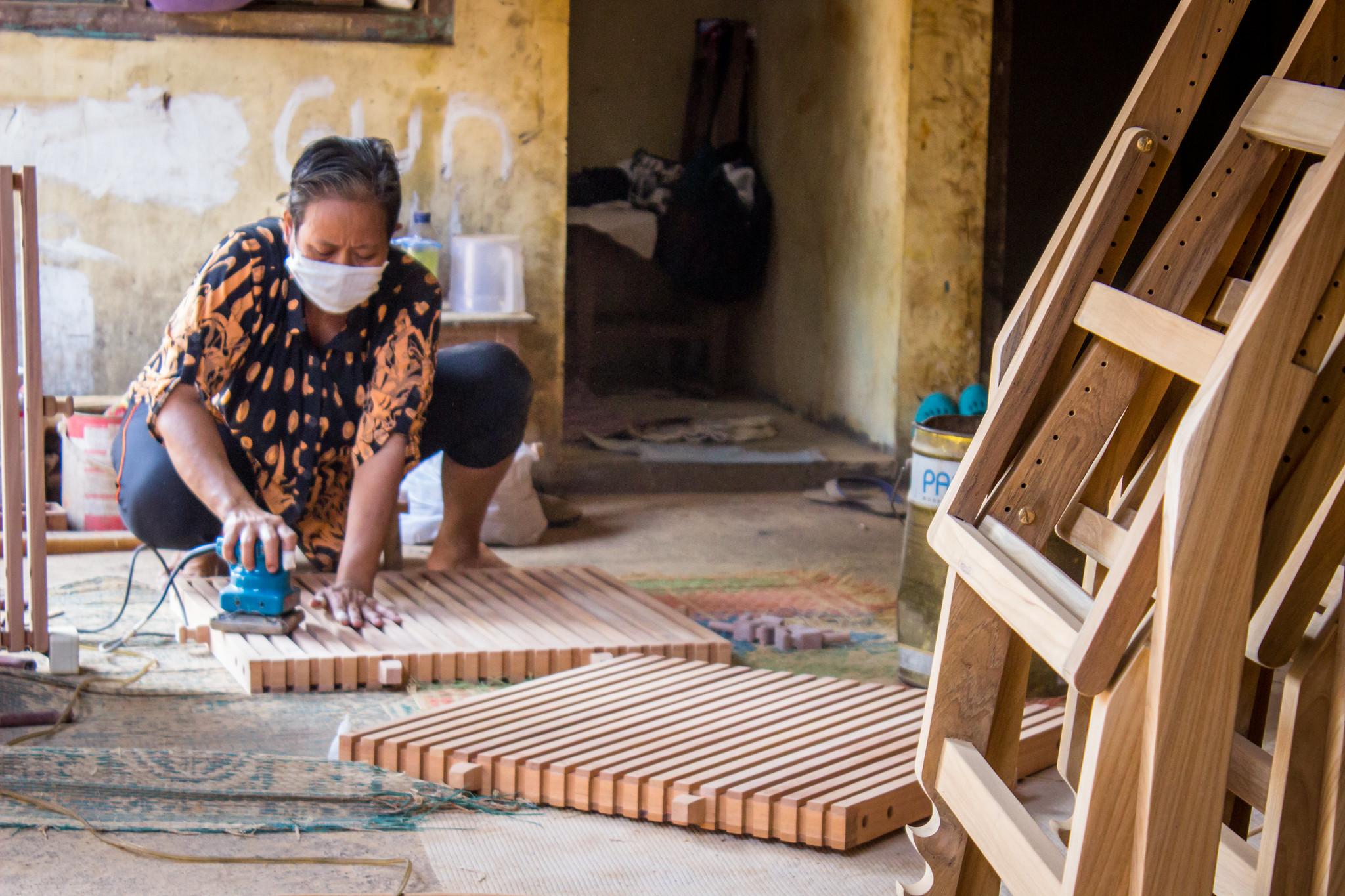Main points
- Recent years have seen many positive developments towards strengthening forest management institutions in Peru, yet reforms have not been able to fully control illegal logging.
- Transport permits, part of a package of measures intended to strengthen institutional responses to illegal logging, are subject to corruption and have become one of the main mechanisms for laundering wood from prohibited areas.
- In the Amazonian region of Ucayali, overlapping interests in the public sector and resulting informal power arrangements, combined with limited political representation, manifest in weak enforcement against illegal logging and in corruption cases in the forest sector. This helps us understand recent deforestation trends in this part of the country.
- Both the formal and informal dimensions of institutions must be considered if we hope to understand why forest-related institutional reforms have had limited success. Measures aimed to address such structural factors at subnational levels could contribute to strengthening forest governance.



